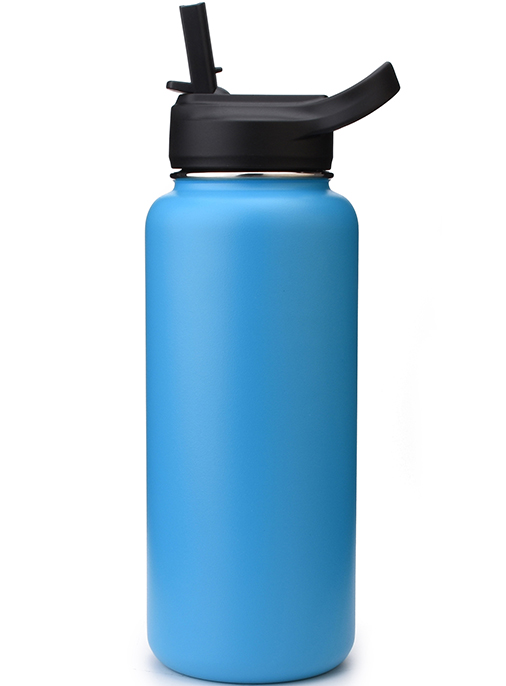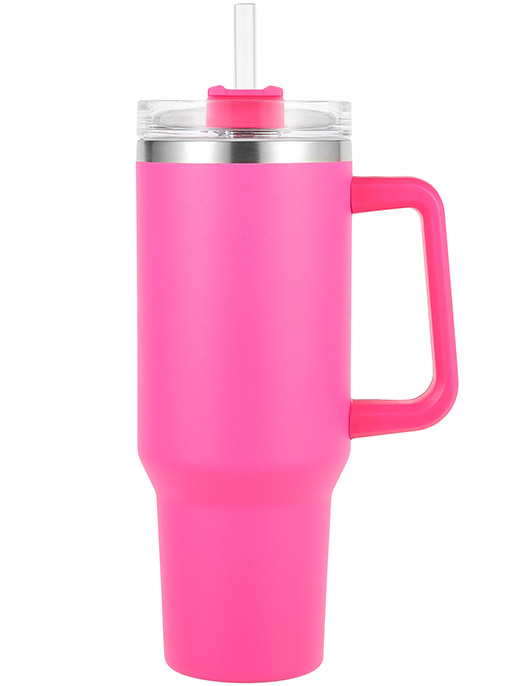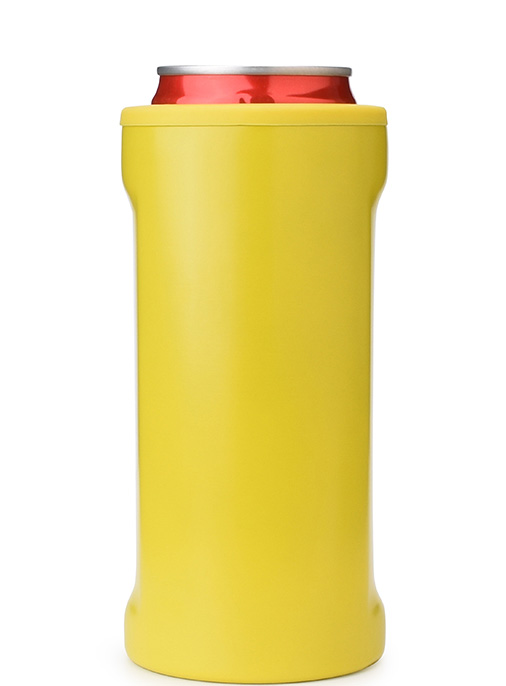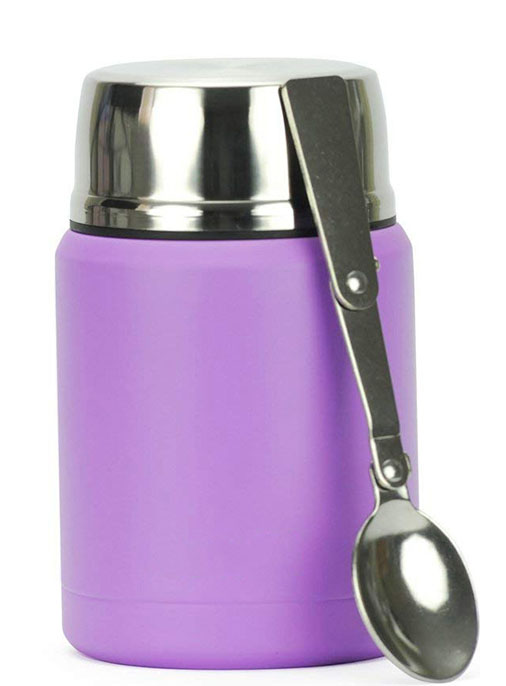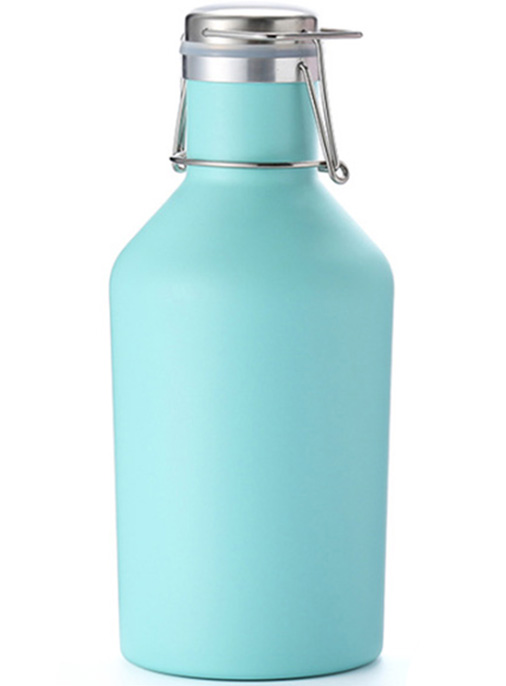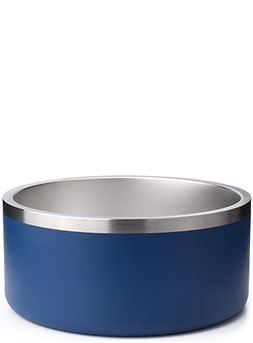1. Stainless Steel (18/8 or 304-Grade Stainless Steel)
This type of steel contains 18% chromium and 8% nickel, giving it superior corrosion resistance, durability, and safety for food and beverage storage.
• Corrosion Resistance: Stainless steel is highly resistant to rust and corrosion, even when exposed to moisture for extended periods, ensuring long-term use without degradation.
• Non-Reactive Surface: 18/8 stainless steel is a non-reactive metal, meaning it doesn’t impart flavors or leach harmful chemicals into the liquid, ensuring that beverages maintain their original taste.
• Durability and Impact Resistance: Stainless steel is known for its strength and durability, which makes it ideal for insulated bottles that are often used in outdoor and travel settings. The material can withstand drops, bumps, and everyday wear without denting easily.
2. Lid Materials: Food-Grade Plastics and Silicone
• Food-Safe Plastics (BPA-Free Polypropylene): It’s a highly durable and food-safe plastic that’s commonly used in the construction of bottle lids. It’s free from harmful chemicals like Bisphenol A (BPA), ensuring that no toxic substances leach into your drink. This material is chosen for its lightweight nature, impact resistance, and ease of molding into various lid designs, including flip lids, screw caps, and straw lids.
• Silicone Seals and Gaskets: Silicone is highly flexible, heat-resistant, and non-reactive, which makes it ideal for creating an airtight and watertight closure. These seals help prevent leaks and maintain temperature retention by minimizing heat exchange through the lid. Click and read more: Material Guide

